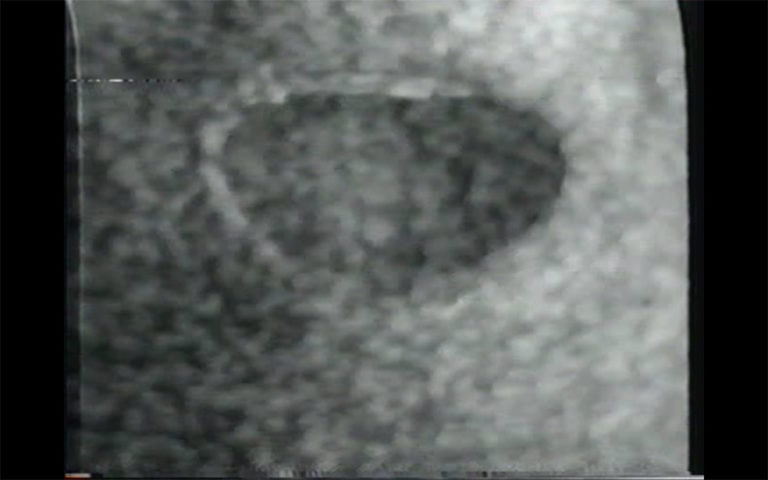The PhD project A Pedagogy of Machines addresses the key role played by digital tools in shaping and framing our knowledge system and the practices of learning and teaching. The debate on the tools for education has a long history that precedes the rise of the so-called “platform education” (Williamson, 2021). The research builds upon tracing an “alternative” history of Distance Education, one which does not necessarily depart from the recruitment strategy and economic performance promised (and unfulfilled) by Silicon Valley and Massive Open Online Courses. Conventionally, this history starts off with the success in attendances by the three 2011 Stanford University MOOCs on machine learning, databases, and artificial intelligence (Hollands & Tirthali, 2014). A rendering of distant learning through the lens of labour history – a subset of the larger field of Social History of Education – shall help to shed new light on today’s growing reliance of universities’ curricula over taxonomies and data-drive ontologies intended to measure in real-time the fluctuation of the labour market (Rentzsch & Staneva, 2020).
Current transformations in Higher Education have remarked how the process of “catching up” and “not to be left behind” with a model – mostly the one of American university – is still a powerful force in education policy across regional and national borders (de Bary, 2010). It is also important to recognize how the university in Europe – and even more in the US – has long survived on the appropriation and incorporation of “externalities” from foreign countries – mostly those defined as “anthropological areas” (Sakai, 1997). For Wendy Hui Kyong Chun, in the HE sector, the utopian dream surrounding computer technology is fundamentally disembodying: “it assumes the material presence of the teacher immaterial” (Chun, 2010). This is a discourse based on the fantasy of a direct “flow of information from material to student that automatically posits the teacher as an impediment to learning” (McWilliam & Taylor, 1998).
Today’s debate on machine learning revolves around the normative premise that full automation will be achieved when the machine learns “by itself” in a fundamental asociality considered in contradiction with the context of human learning. Revisiting Lev Vygotsky’s theory of concept development (Vygotsky, 1987), Reigeluth and Castelle (2021) stress how in the future it will become increasingly common to understand that human learning and machine learning co-evolve and therefore a “social theory of machine learning” will become necessary. Contrary to the assumption that a learning process can be best understood in isolation, which is the capacity of an agent to solve a problem without the help of peers of technical mediations, a social theory of machine learning would argue for the mutual acknowledgment in the development of mental and technical models (Damerow, 1996).
In order to formulate teaching and learning machines able to respond to the complexities and the challenges of the present, we must rethink how we translate technology across social, economical and cultural fields. The project’s research hypotheses intend to reverse the assumption that “AI is transforming education” and to investigate how “education transforms AI”. This is precisely the attempt to reframe the impact of machine learning on education and the urgency to understand how machines learn into a wider social framework committed to articulate a pedagogy of machines.
Paolo Caffoni is a research associate and PhD candidate at the KIM research group on critical AI studies at the Karlsruhe University of Arts and Design. Caffoni studied Literature, Semiotics and Curatorial Studies in Milan. He is faculty member of NABA (New Academy of Fine Arts Milan) and was part of the curatorial team of the 2018 Yinchuan Biennale (China). Since 2009, he has worked as editor of the Berlin based publishing house Archive Books and of exhibition and public program at Archive Kabinett.
References
CHUN, W. H. K. 2010, Imagined Networks: Digital Media, Race, and the University. Traces: A Multilingual series of cultural Theory and Translation, 5.
DAMEROW, P. 1996, Abstraction and Representation: Essay on the Cultural Evolution of Thinking, Luxembourg: Springer Science+Business Media.
DE BARY, B. (Ed.) 2010, Universities in Translation: The Mental Labor of Globalization. Traces: A Multilingual series of cultural Theory and Translation, 5.
HOLLANDS, F. M. & TIRTHALI, D. 2014, MOOCs: Expectations and Reality: Full report. New York: Center for Benefit-Cost Studies of Education, Columbia University.
MCWILLIAM, E. & TAYLOR, P. 1998, Teacher Im/Material: Challenging the New Pedagogies of Instructional Design. Educational Researcher, 27:8.
REIGELUTH & CASTELLE 2021, What Kind of Learning is Machine Learning?. In J. Roberge & M. Castelle (Eds.) The Cultural Life of Machine Learning, London: Palgrave Macmillan.
SAKAI, N. 1997, Translation and Subjectivity. On ‘‘Japan’’ and Cultural Nationalism, Minneapolis: University of Minnesota Press.
VYGOTSKY, L. S. 1987, Thinking and speech. In R.W. Rieber & A. S. Carton (Eds.), The collected works of L. S. Vygotsky, Vol. I: Problems of general psychology, New York: Plenum.
WILLIAMSON, B. 2021, Making markets through digital platforms: Pearson, edu-business, and the (e)valuation of higher education. Critical Studies in Education, 62:1.

